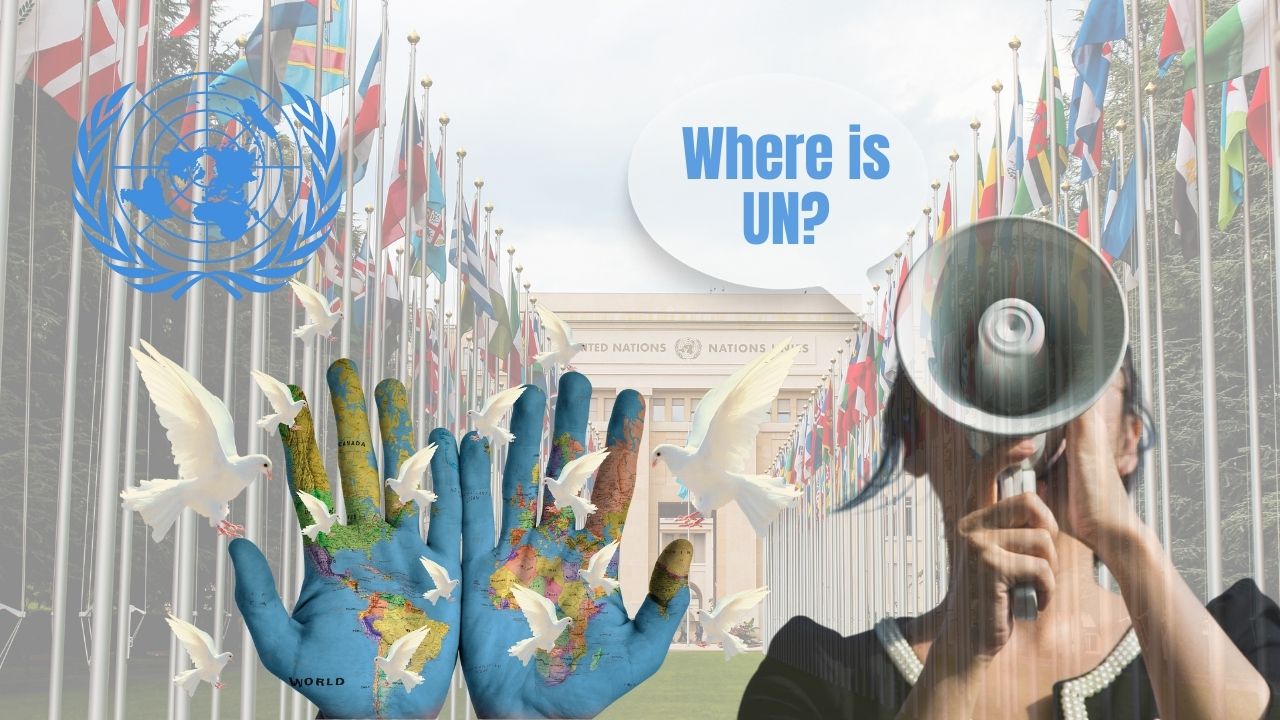The United Nations (UN) is very important for keeping the peace around the world. It works to promote peace in a number of ways, which are outlined below:
1. United Nations: Operations to keep the peace
To keep the peace and safety of people around the world, the UN sends peacekeeping missions to places where there is violence. Military members, police officers, and civilian staff work on these tasks to Do the Following
Watch over and watch peace processes in places where there has been conflict.
Help to put peace deals into action.
Watch out for innocent people, especially those who are at risk of being hurt.
You can help former fighters with disarming, demobilising, and reintegrating (DDR).
Support the return of the rule of law and work to protect human rights.
2. Peace talks and mediation
The UN uses diplomatic and mediating actions to stop conflicts and help people find peaceful answers. In this case:
Appointing Special Envoys and Representatives to areas of strife to help parties work out their differences.
Using different diplomatic routes to make it easier for people to talk and negotiate.
Supporting political systems that include everyone to make sure that everyone is heard.
3. United Nations: Diplomacy to stop problems
When you use preventive diplomacy, you take steps to stop disagreements from turning into conflicts and to stop conflicts from spreading when they do happen. Important things to do are:
- Early warning and evaluation of events that might lead to conflict.
- diplomatic efforts and missions to deal with new problems.
- Building people’s skills to make national and regional systems for preventing violence stronger.
4. Making peace
People work to build peace by getting to the bottom of why people fight and making peace last. Among these are:
- Offering help in building strong systems for government.
- Trying to help the economy and society grow.
- Making the law and human rights stronger.
Promoting national discussion and peace.
5. Sanctions and arms control around the world
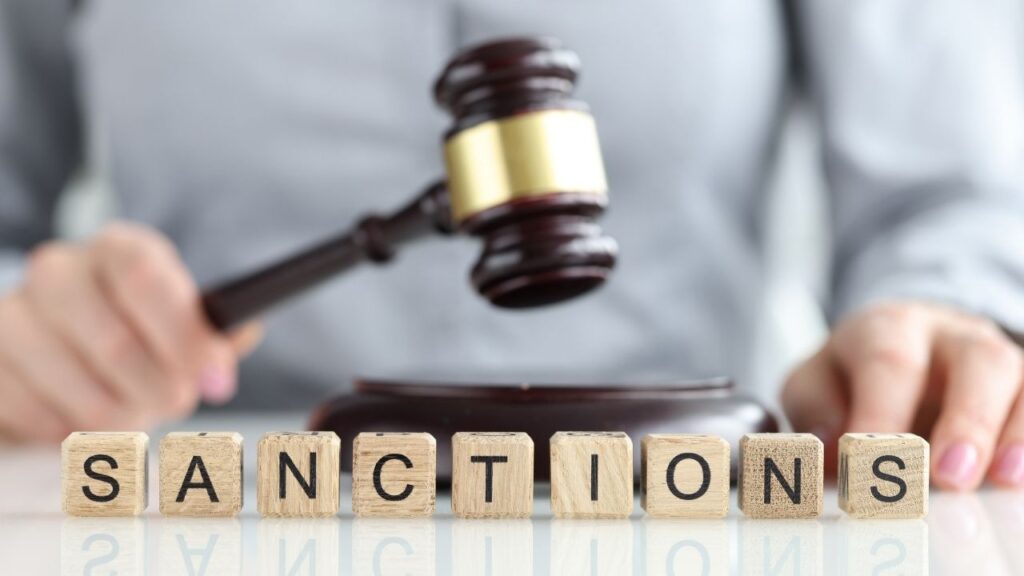
The UN can punish states or groups that risk peace by doing things like
- Sanctions on trade and the economy.
- Bans on arms.
- Bans on travel and asset freezes.
In order to stop the spread of weapons and the chance of war, the UN also works for arms control and peace.
6. Helping people in need
In areas where there is conflict, the UN sends humanitarian aid to ease people’s pain and keep things stable.
Among these are:
Giving people who have been impacted food, water, shelter, and medical care.
Helping migrants and people who have been forced to move within their own country.
Helping people who have been forced to leave their homes get back to them safely.
7. Standing up for justice and international law
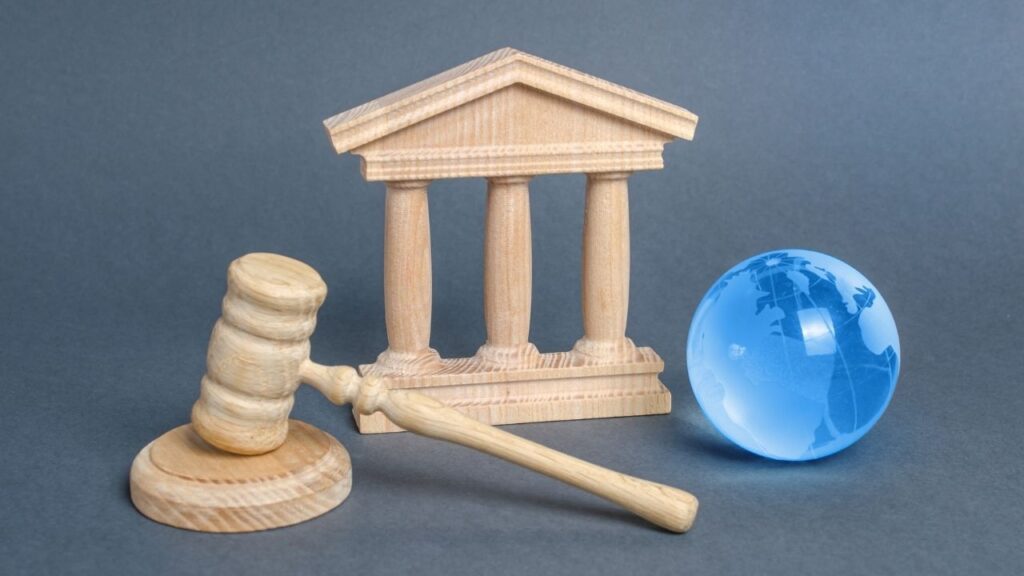
The UN backs the creation and implementation of international law to make sure that people who commit war crimes, genocide, and crimes against humanity are held responsible. Some important processes are:
- International Court of Justice (ICC).
- International Court of Justice (ICJ).
- Ad hoc tribunals and special courts.
What the UN did to end racism in South Africa.
Help with mediation in places where there is violence, like Cyprus and the Balkans.
Missions to keep the peace in places like East Timor, Sierra Leone, and Liberia.
Thoughts and Questions
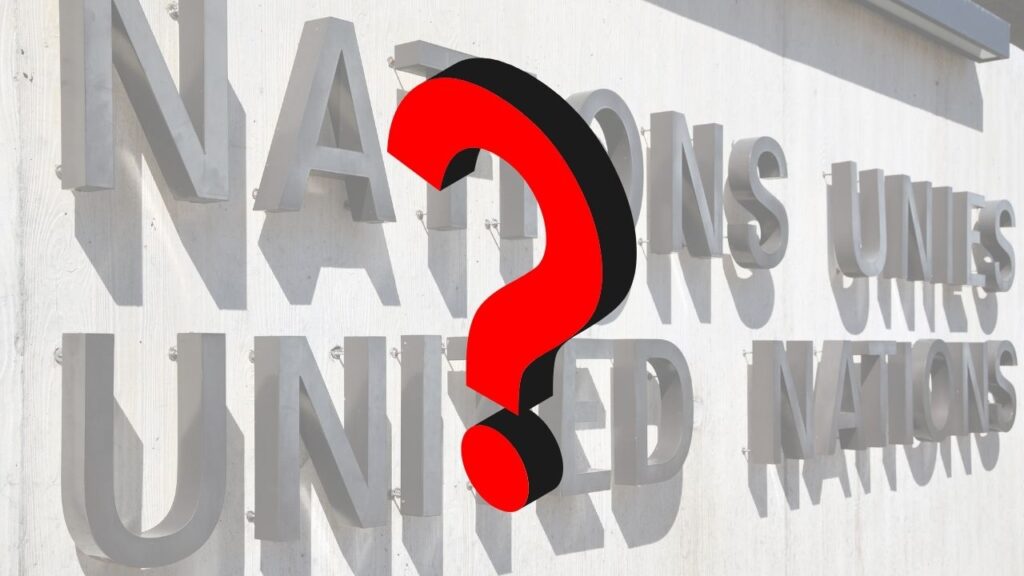
UN missions can’t always do their jobs well when they don’t have enough money and tools.
It can be hard to make decisions when there are a lot of political issues and no agreement among member states.
Sometimes most of the People have said bad things and criticised about how slowly and badly people responded to events like Rwanda and Srebrenica.
The United Nations is still one of the most important organisation is always trying to make the world a safer and more peaceful place. It is always looking for better ways to preserve peace and safety for everyone. United Nation are currently playing a big part in the wars between Israel and Gaza and between Russia and Ukraine.
The UN, which celebrate 50 years anniversary in April 1995, is the world’s hope and conscience, especially for those 93 smaller countries that are not part of it. It is a group of countries that have promised to keep the peace and safety of the world and work together to solve political, economic, social, cultural, and humanitarian issues that affect all countries. It will be a place where countries can work together to reach these goals.
President Franklin D. Roosevelt of the United States came up with the name “United Nations.”
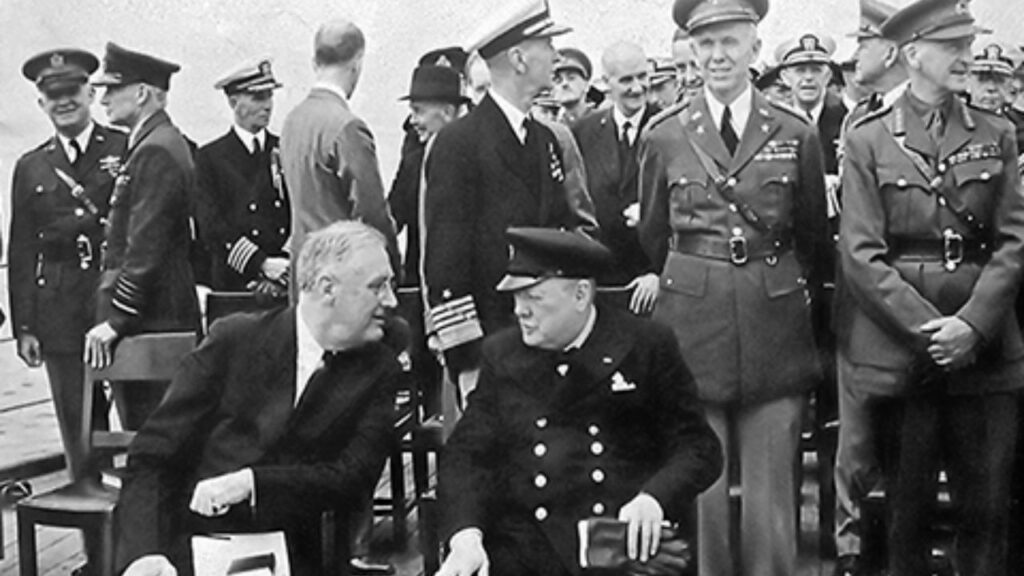
It was first used in the Declaration by United Nations on January 1, 1942, during the Second World War, when leaders from 26 countries promised to keep fighting together against the Axis Powers.
Antonio Guterres, who is from Portugal, is the current Secretary General of the UN. Countries that are part of the UN
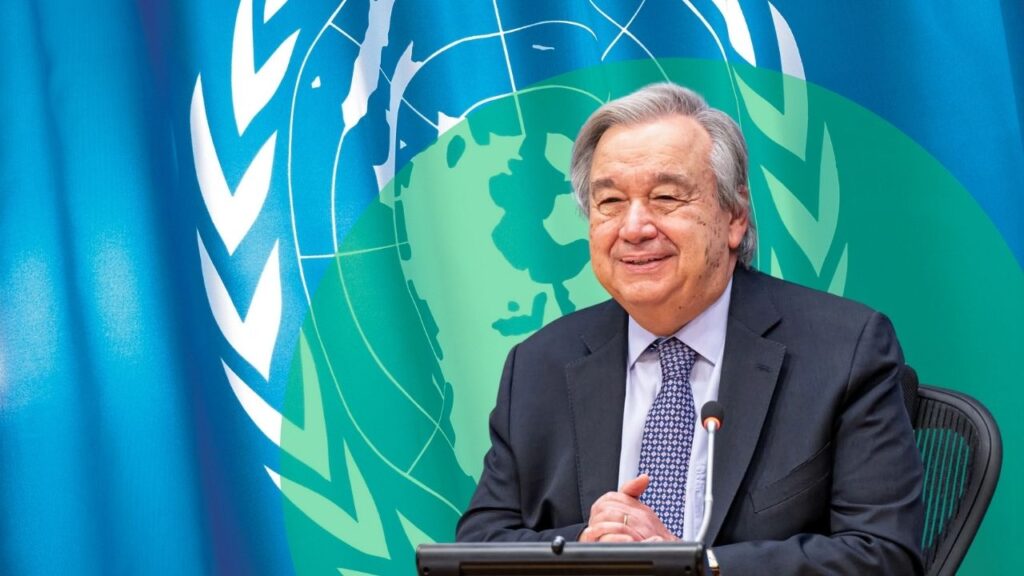
Nation/Year of admission
Here’s a list of nations and their year of admission:
Founding Members (1945)
Argentina
Australia
Belgium
Bolivia
Brazil
Byelorussian SSR (now Belarus)
Canada
Chile
China
Colombia
Costa Rica
Cuba
Czechoslovakia (now Czech Republic and Slovakia)
Denmark
Dominican Republic
Ecuador
Egypt
El Salvador
Ethiopia
France
Greece
Guatemala
Haiti
Honduras
India
Iran
Iraq
Lebanon
Liberia
Luxembourg
Mexico
Netherlands
New Zealand
Nicaragua
Norway
Panama
Paraguay
Peru
Philippines
Poland
Saudi Arabia
Syria
Turkey
Ukrainian SSR (now Ukraine)
United Kingdom
United States
Uruguay
USSR (now Russia)
Venezuela
Yugoslavia (now several countries including Slovenia, Croatia, Bosnia and Herzegovina, North Macedonia, Montenegro, Serbia, and Kosovo)
Other Members (Admission by Year)
1946
Afghanistan
Iceland
Sweden
Thailand
1947
Pakistan
Yemen
1948
Burma (now Myanmar)
Israel
1949
Indonesia
1950
Jordan
1955
Albania
Austria
Bulgaria
Cambodia
Ceylon (now Sri Lanka)
Finland
Hungary
Ireland
Italy
Laos
Libya
Nepal
Portugal
Romania
Spain
1956
Japan
Morocco
Sudan
Tunisia
1957
Ghana
Malaysia (as Federation of Malaya)
1958
Guinea
1960
Cameroon
Central African Republic
Chad
Congo (Brazzaville)
Democratic Republic of the Congo
Cyprus
Dahomey (Benin)
Gabon
Ivory Coast
Madagascar
Mali
Niger
Nigeria
Senegal
Somalia
Togo
Burkina Faso
1961
Mauritania
Mongolia
Sierra Leone
Tanzania (as Tanganyika)
1962
Algeria
Burundi
Jamaica
Rwanda
Trinidad and Tobago
Uganda
1963
Kenya
Kuwait
1964
Malawi
Malta
Zambia
1965
Gambia
Maldives
Singapore
1966
Botswana
Guyana
Lesotho
Barbados
1967
South Yemen
1968
Mauritius
Eswatini
1970
Fiji
1971
Bahrain
Bhutan
Qatar
United Arab Emirates
Oman
1973
Bahamas
East Germany
West Germany
1974
Bangladesh
Grenada
Guinea-Bissau
1975
Cape Verde
Comoros
Mozambique
Papua New Guinea
São Tomé and Príncipe
1976
Angola
1977
Djibouti
Vietnam
1978
Dominica
Solomon Islands
1979
Saint Lucia
Saint Vincent and the Grenadines
1980
Zimbabwe
1981
Antigua and Barbuda
Belize
1983
Saint Kitts and Nevis
1984
Brunei
1990
Liechtenstein
Namibia
1991
Estonia
Latvia
Lithuania
Marshall Islands
Micronesia
North Korea
South Korea
1992
Armenia
Azerbaijan
Bosnia and Herzegovina
Croatia
Georgia
Kazakhstan
Kyrgyzstan
Moldova
San Marino
Slovenia
Tajikistan
Turkmenistan
Uzbekistan
1993
Czech Republic
Eritrea
Monaco
North Macedonia
Slovakia
1994
Palau
1999
Nauru
2000
Tuvalu
2002
East Timor (Timor-Leste)
2006
Montenegro
2011
South Sudan This list outlines the admission of countries to the UN, reflecting their membership year and their recognition as sovereign states by the international community.

